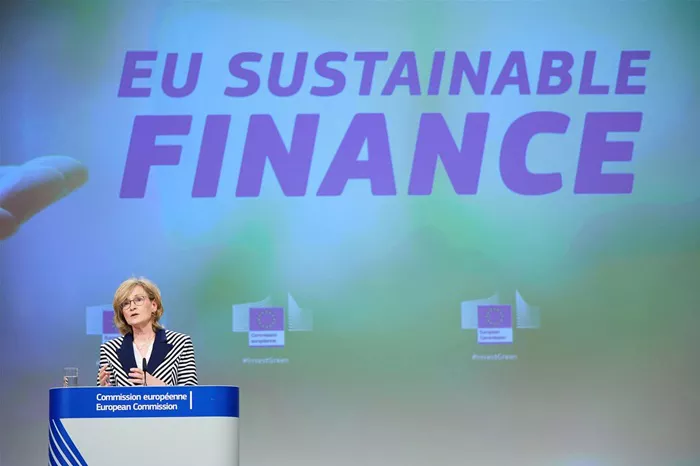Executive Summary
The current political cycle is crucial for the European Union (EU) to close its competitiveness gap, decarbonise its economy, strengthen supply chain security, and enhance resilience. Achieving these goals requires substantial investment.
Public funding accounts for only about 1% of EU GDP, falling far short of the €750–800 billion required each year. Meanwhile, venture capital investment dropped from 0.09% of EU GDP in 2022 to just 0.05% in 2023. Additionally, European households invest €300 billion annually outside Europe.
Capital markets must play a more significant role. The EU needs to attract global capital and mobilise domestic savings to generate the liquidity necessary for Europe’s growth. The upcoming Savings and Investments Union (SIU) aims to ensure that all businesses, particularly SMEs, startups, and scale-ups, can access financing within Europe and avoid relocating due to a lack of capital.
Key Goals for the Savings and Investments Union
For the SIU to succeed, the following goals must be met:
Capital Market Integration: Accelerate integration by harmonising insolvency and tax regimes, reducing fragmentation, and ensuring recent reforms have a meaningful impact.
Simplification and Convergence: Promote convergence across Member States while maintaining healthy competition.
Support Innovation: Foster innovation-driven growth by advancing distributed ledger technology (DLT) and artificial intelligence (AI) in market infrastructure, supporting tokenisation, and facilitating pan-European IPOs.
Unlock Retail and Pension Savings: Develop flexible, tax-incentivised investment products that align with the European Investment Bank (EIB) and push for a pan-European personal pension product.
Strengthen Equity Financing: Build a deeper, fairer market for equity financing by simplifying access to the EIC Fund, aligning public-private funding for critical technology investments, and improving listings and venture capital resources.
Enhance Bank Financing: Complete the banking union, improve securitisation rules, and set milestones for the European deposit insurance scheme.
Modernise Supervision: Align standards, leverage technology, and gradually move toward a unified supervisory framework for EU capital markets.
If implemented successfully, the SIU can provide the financial infrastructure needed to help Europe lead in digital and green transitions, enhance its economic security, and close the competitiveness gap with global peers.
Related Topics:
COP29’s Climate Finance Deal: A Disastrous Outcome For Human Rights And Global Equity
European Leaders Face Uncertainty Over Ukraine Funding As Trump’S Victory Raises Concerns

